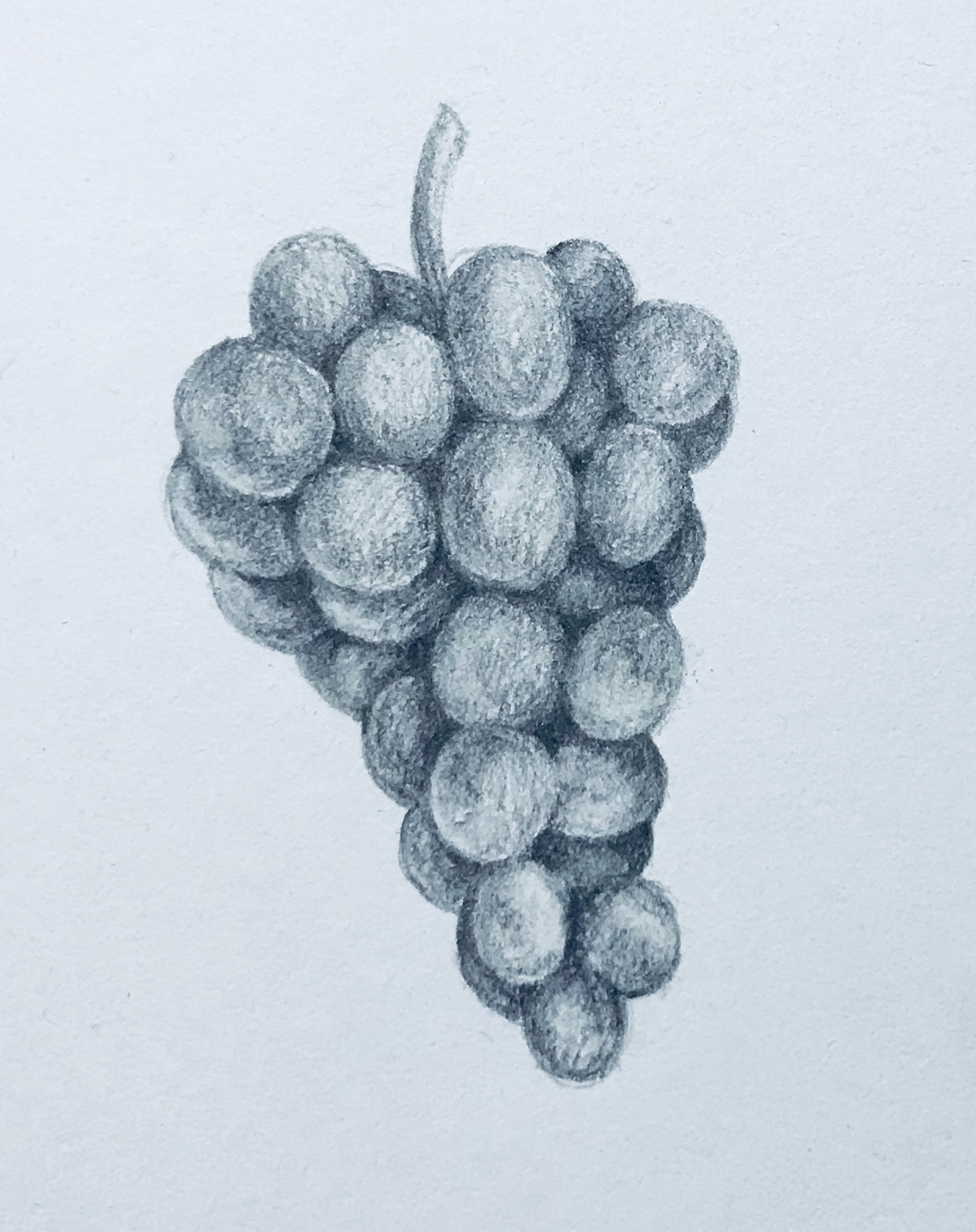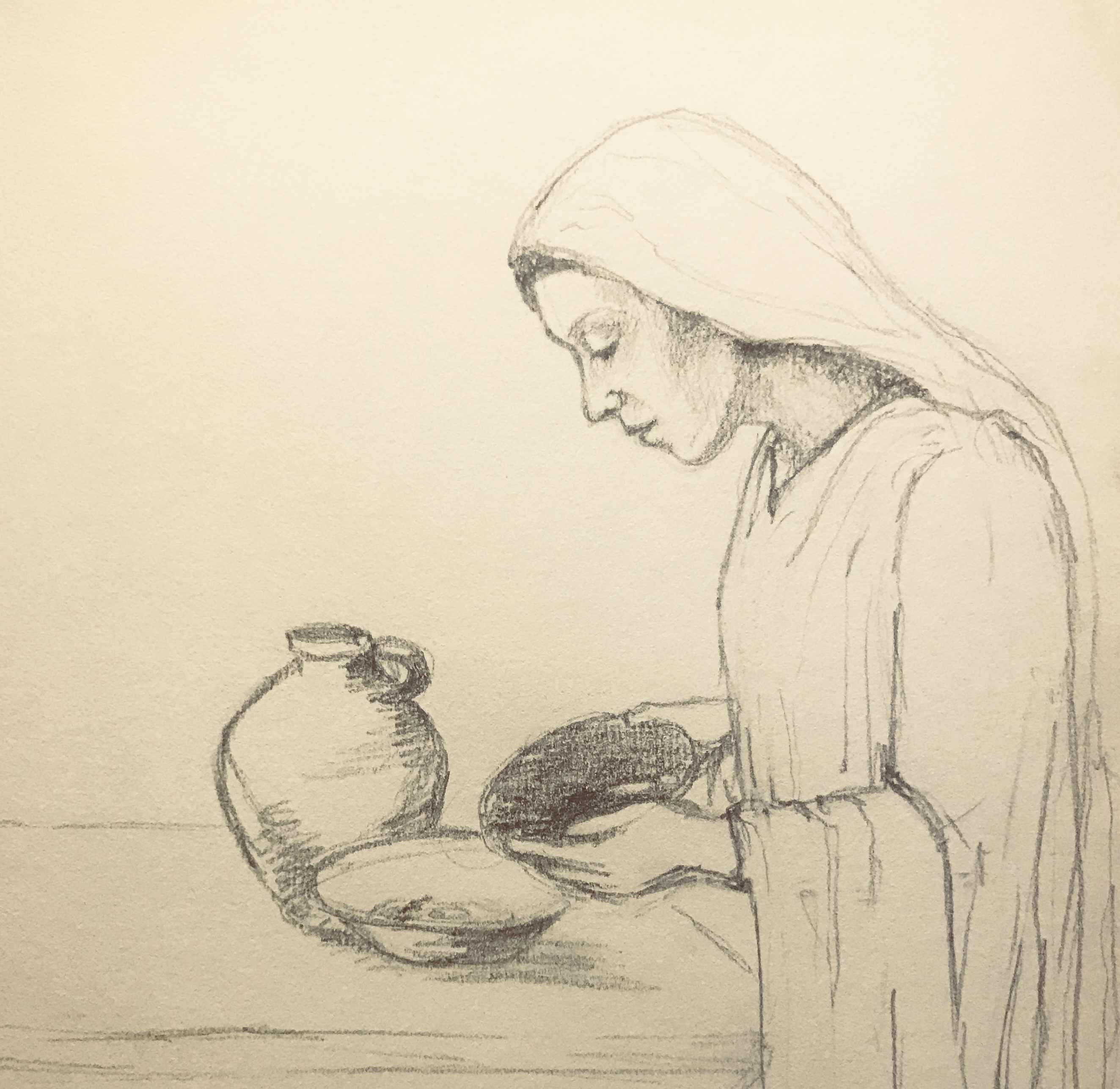There is a famous Jesuit saying, “Pray as if it all depends on God, work as if it all depends on you.” While there is certainly a healthy spirituality reflected in that ideal, it must be understood correctly. We should rather say, “Pray, because it all does depend on God. Work, even though it doesn’t depend on you.” Jesus invites us to cooperate with God’s providence completely free of anxiety and worry. We do what we can, and to the best of our ability, but not because God needs our work. God does not need our help, He does not need us, we cannot cause His master plan to fail by not living up to our potential. Our work is important for us, not for God. Our work is something God invites us to do to increase our happiness and blessedness, not because God needs collaborators. The thought that God’s providence depends upon the effectiveness of my work and effort is completely backwards. It is rather that my work is effective and my efforts well spent because of God’s providence. The spreading of the Gospel is a task so much greater than my own ability to comprehend, that it is actually necessary for me to believe – and thus to pray – before I can begin to perceive the work God is asking of me.
Monday of the Eleventh Week in Ordinary Time

It is generally easy to be generous with people we love. In fact, since generosity is not strictly speaking an obligation it would only make sense that we reserve our generosity for certain people and certain circumstances. When Ahab comes asking Naboth for his vineyard, pretty much none of the requisite conditions for generosity are met: King Ahab is not poor and does not need the vineyard, there is no friendship between him and Naboth, and Ahab has blatant disregard for the divine significance of ancestral heritage. Indeed, it is for that last reason that Naboth refuses to give up his land to the king. It is Naboth’s piece of the land promised by God to Israel. Naboth has a strong sense of satisfaction with what the Lord has provided him, he needs nothing further. The soil of Naboth’s vineyard nourished vines that produced delicious grapes because Naboth treated it as a special gift from God passed on to him from his ancestors. Ahab wanted the soil and disregarded what God’s intended purpose was for that soil. Ahab forgot that it is God who gives the growth and causes fruit to ripen for the harvest.
Tuesday of the Tenth Week in Ordinary Time

At first glance the story about the widow in Zarephath seems a bit harsh, perhaps too demanding. How could God expect someone on the point of starvation to provide what would be their last meal to a stranger? Why would He ask someone to do such a thing? It reminds us of Abraham who is asked by God to offer his only son Isaac. When it is God Himself who asks, obedience must be understood as access to true happiness. God gives us these stories to remind us that we cannot discern what we ought to do without consulting Him, His Word, His prophets.

